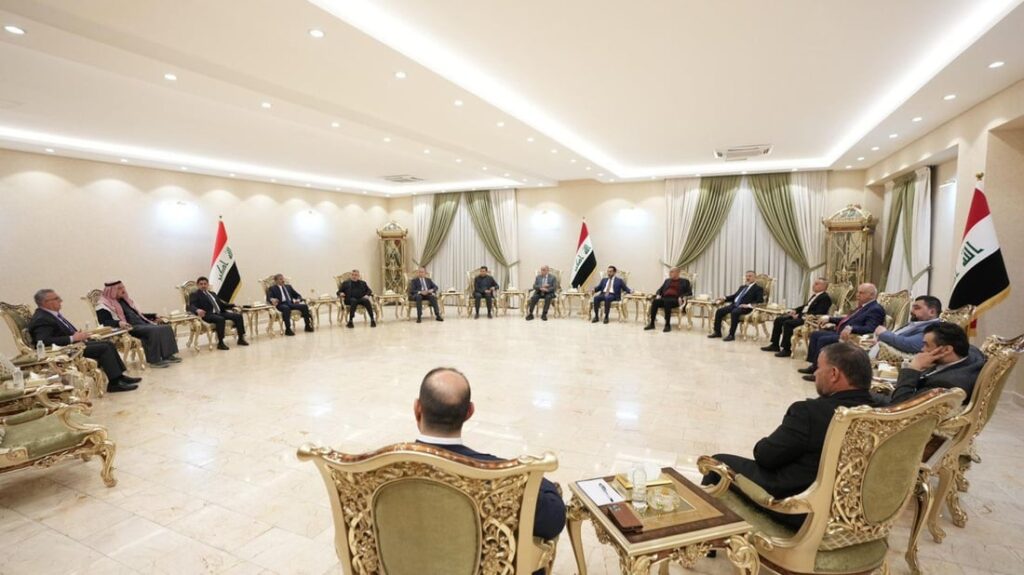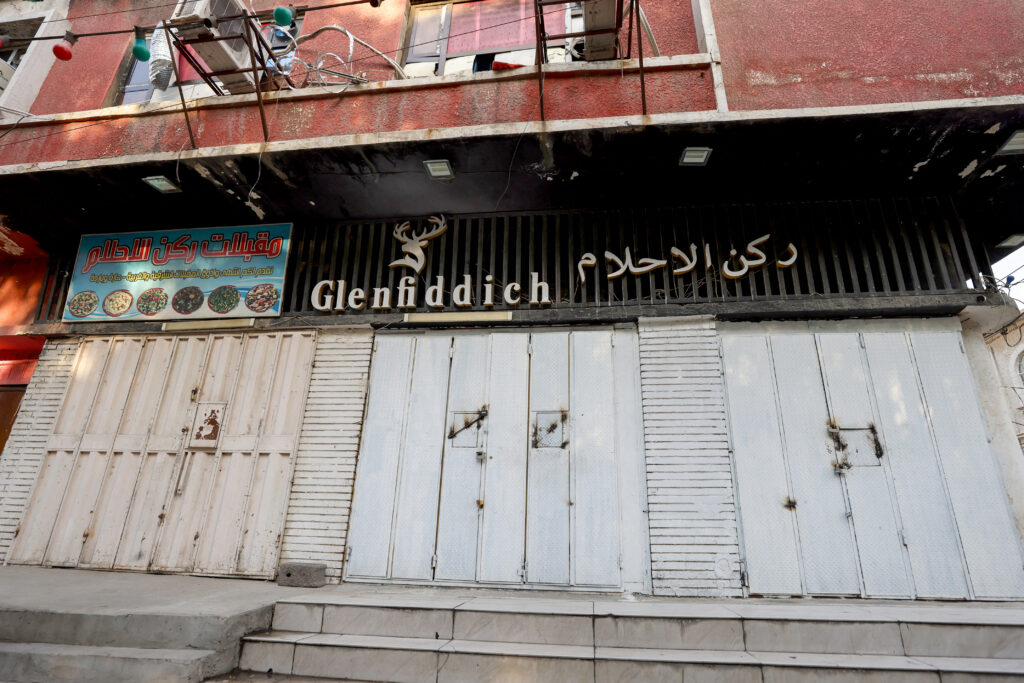‘The Belt and Road’ becomes the path of opportunity

The second Belt and Road Forum for International Cooperation (BRF) started from April 25 to 27 in Beijing. Nearly 5,000 foreign guests from more than 150 countries and 90 international organizations, which includes 37 heads of state and government, more than 360 ministerial-level officials and more than 100 heads of international organizations, and more than 4,100 journalists from Chinese and foreign media attended the meeting. The foreign representatives covered all regions of the five continents, including governments, non-governmental organizations, business communities, academic institutions and other social sectors. The positive response from all parties shows that "the Belt and Road" is taking root and benefiting all parties.
The Belt and Road Initiative (BRI) is an important initiative for international cooperation proposed by President Xi to enhance both China’s development and its cooperation with global partners. Since its inception, the BRI has received strong endorsement and warm support of the international community. So far, a total of 126 countries including Iraq and 29 international organizations have signed BRI cooperation documents with China.
Meanwhile, the BRI vision has been included in documents of major international institutions including the United Nations, the G20, the Asia-Pacific Economic Cooperation and the Shanghai Cooperation Organization. Indeed, the BRI has proved a popular and worthy cause that goes along with the trend of our times and responds to the shared aspiration of countries for development through mutually beneficial cooperation.
Looking back at this pursuit over the last few years, the BRI has played the positive role in the following three ways:
First, the BRI has opened a new area for international cooperation and boosted confidence in it.
The world today is experiencing profound changes unseen in a century. Protectionism and unilateralism are rising, so are uncertainties and destabilizing factors. As stressed by President Xi, the BRI is a significant move China has taken to fully open itself under the new conditions, and it embodies China’s commitment to sharing development opportunities and outcomes with more countries in the world.
The BRI is guided by the principle of consultation and cooperation for shared benefits. It represents an approach to international cooperation featuring mutual respect, justice, equity and cooperation for win-win outcomes. And it is a commitment to multilateralism and an open global economy. As such, the BRI will help move economic globalization toward greater openness, inclusiveness, balance and win-win outcomes.
Second, the BRI has created new impetus and opportunities for global growth.
Since the outbreak of the international financial crisis in 2008, to create both new growth drivers and a new cycle of global growth has become a common task for the international community. The BRI aims to address the fundamental issue of promoting development by enhancing all-round connectivity. It has helped countries involved to remove development bottlenecks and implement the UN 2030 Agenda for Sustainable Development. This initiative has thus become an important way for boosting global growth.
The latest studies by the World Bank and other international institutions suggest that the BRI cooperation will cut the costs of global trade by 1.1 to 2.2 percent and those of trade along the China-Central Asia-West Asia Economic Corridor by 10.2 percent. What is more, it will contribute at least 0.1 percent of global growth in 2019.
Third, the BRI provides a new platform and new opportunities for fostering closer ties between countries.
By improving connectivity between countries, BRI cooperation has strengthened economic ties and people-to-people exchanges between them, thus binding them closer together with shared interests. This will naturally build extensive consensus, enhance cooperation, and ultimately promote development for all. As President Xi Jinping pointed out, the BRI aims to replace estrangement with exchanges between different civilizations, replace clashes with mutual learning and replace a sense of superiority with coexistence; and it aims to boost mutual understanding, mutual respect and mutual trust among different countries. So the BRI is a sure path toward peace and cooperation for win-win outcomes.
Related: China's Xi aims to soothe Belt and Road fears
The BRI is an initiative for economic cooperation that supports common development. All parties involved are equal participants, they have all contributed to the Initiative and benefited from it. The BRI is open, inclusive and transparent. It does not harbor any hidden geopolitical agenda, nor is it designed to form an exclusive circle or impose discriminatory trade terms on others. The BRI has delivered fruitful outcomes in boosting economic growth and improving people’s lives in participating countries.
Through Belt and Road cooperation, some countries now have their first motorways or modern railways, some has developed its own car industry, and some have seen an end to their longstanding power shortages. The 82 cooperation parks jointly built by China and other participating countries have created more than US$2 billion in tax revenue and about 300,000 jobs for host countries.
All these success stories fully demonstrate that the BRI has provided good opportunities for all parties involved to jointly address global challenges, promote global growth, and achieve common prosperity through greater connectivity. But this is only the beginning, and there is a lot more we can accomplish by pursuing this cooperation initiative. China will continue to work with all other parties to create even more opportunities and deliver even more fruitful outcomes.
The friendship between China and the Kurdish region is long standing and full of vitality. The ancient silk road linked the two sides early on. China attaches great importance to developing relations with the Kurdistan region and is willing to adhere to the principle of mutual respect and treating each other with sincerity, strengthen pragmatic cooperation, expand people-to-people exchanges and push bilateral friendly cooperative relations to a new level.
Ni Ruchi is the Consul General of the People’s Republic of China in Erbil.
The views expressed in this article are those of the author and do not necessarily reflect the position of Rudaw.




